The Scottish government is to start work on plans for a Minimum Income Guarantee (MIG) scheme aimed at wiping out poverty. The MIG would aim to provide everyone in Scotland with a minimum acceptable standard of living – so that everyone has enough money for housing, food and other essentials. It is different from a Universal Basic Income scheme in that it is targeted specifically at lower-income households, rather than everyone.

Proponents of the scheme argue that it would cut poverty rates significantly, as well as eliminate a lot of the existing state welfare bureaucracy. However, such a scheme would be expensive: the IPPR report which presented the scheme estimates that it would cost the Scottish government £7 billion annually, which is a fifth of the current annual budget. It will also take a long time to bring online, with IPPR citing 2030 as the year a MIG could be in place.
But undoubtedly an interesting development to watch. Could we see other countries signing up for similar schemes in an effort to eliminate income inequality? Might the pathway to a MIG in Scotland get accelerated in the face of growing income inequality as a result of COVID, and/or if Scotland pursues independence from the UK?
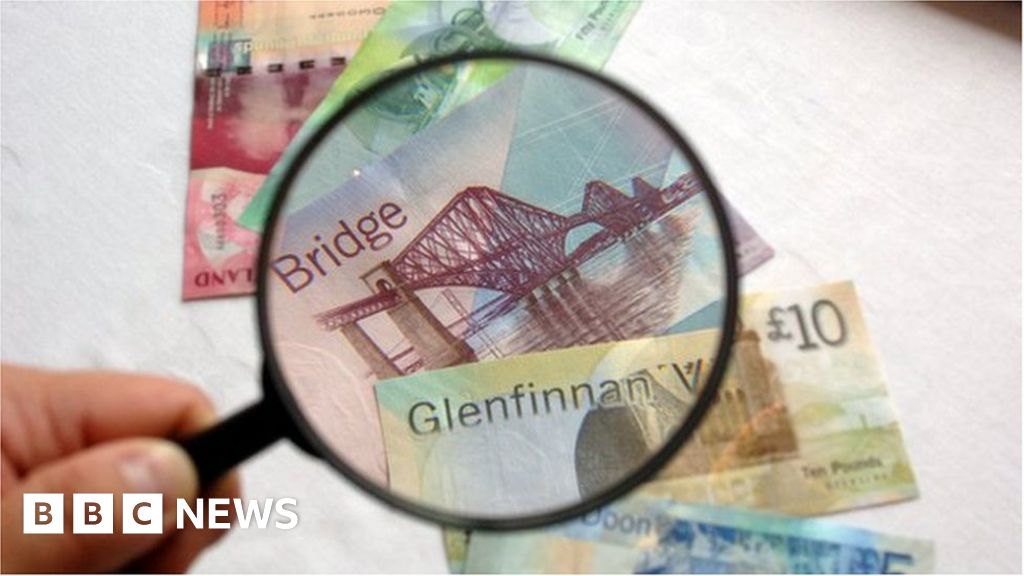


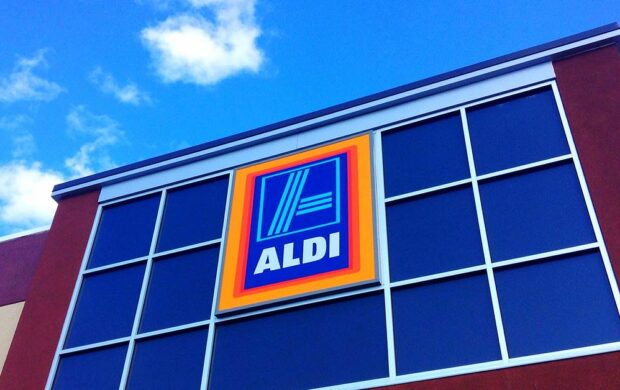
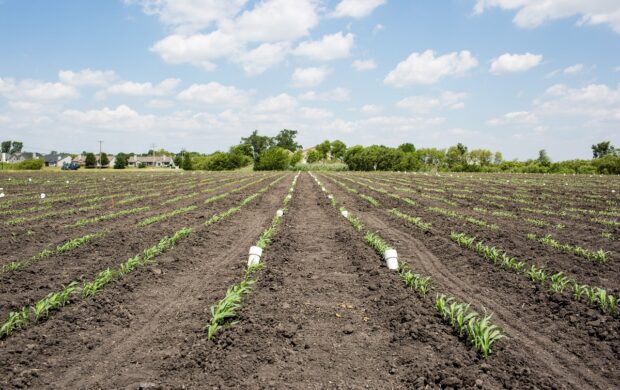

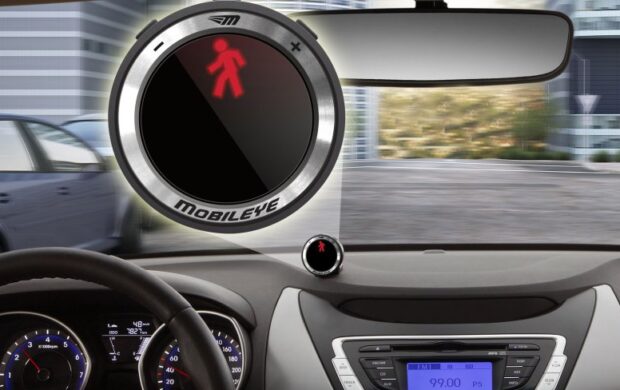
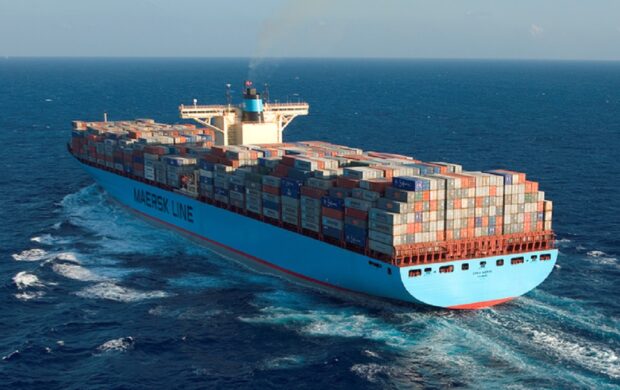

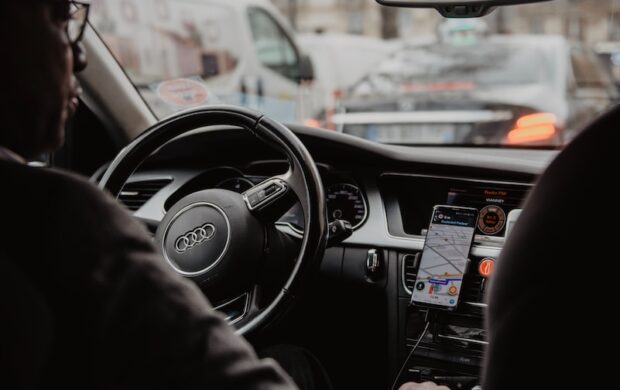






Join discussion